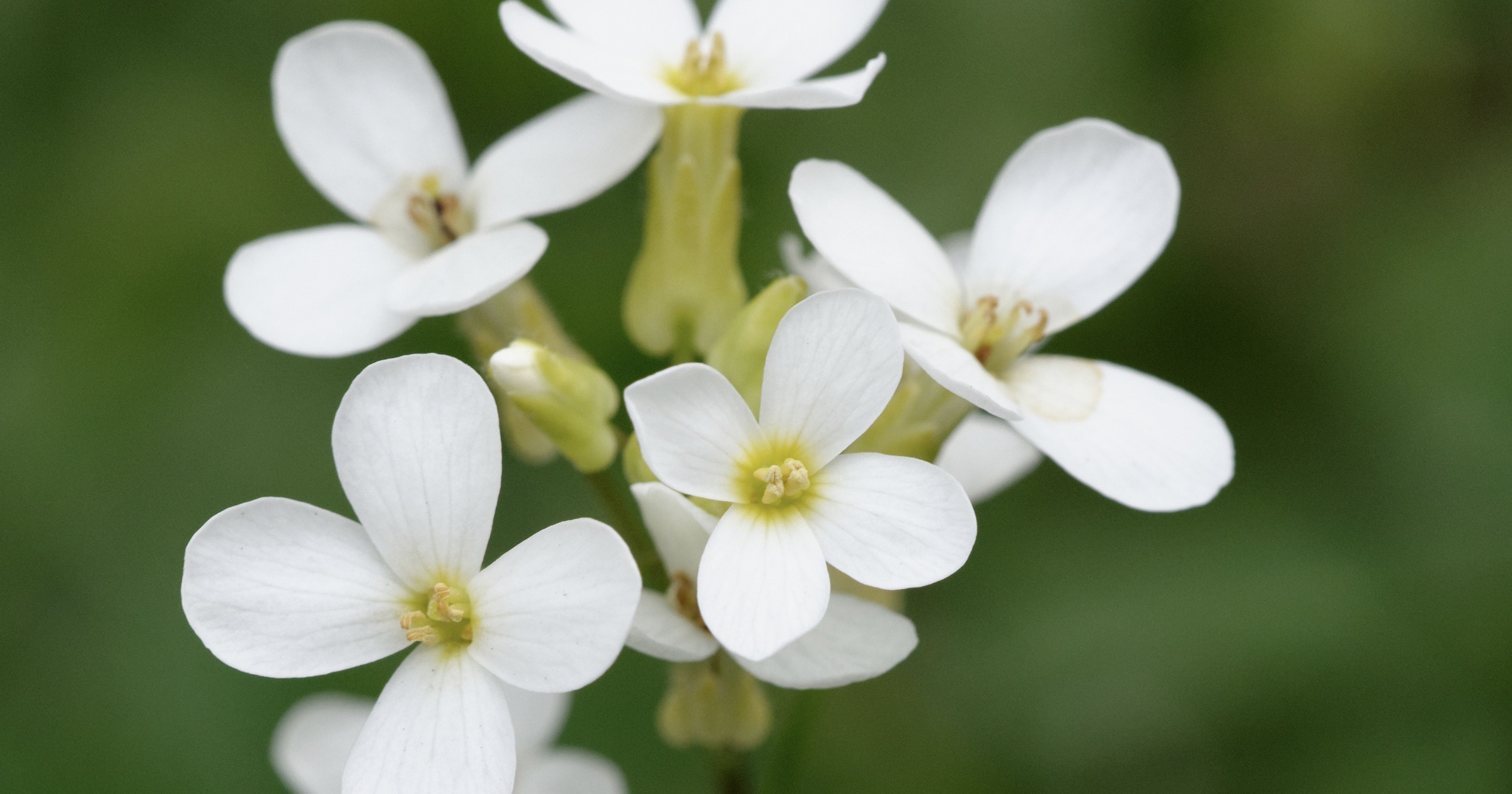 Intelligent Design
Intelligent Design
 Life Sciences
Life Sciences
Plant Biologist: “Mutation Is Very Non-Random”

Many people I know in the ID community are strongly interested in rethinking mutation, understanding it as a designed or regulated process. They will be encouraged by a new open-access paper in Nature, concerning the characteristics of mutations in a widely studied plant species. See, “Mutation bias reflects natural selection in Arabidopsis thaliana.”
For considering the implications of the paper, an easy place to start is a Science Daily news story, “Study challenges evolutionary theory that DNA mutations are random.” Paragraphs such as this make me smile, on this cold January afternoon in Chicago (my emphasis):
“We always thought of mutation as basically random across the genome,” said Grey Monroe, an assistant professor in the UC Davis Department of Plant Sciences who is lead author on the paper. “It turns out that mutation is very non-random and it’s non-random in a way that benefits the plant. It’s a totally new way of thinking about mutation.”
That statement from Monroe is about as non-Darwinian as a biologist can be. 😉 I’m not saying he himself or his co-authors are non-Darwinian: who knows? Nor should Monroe be held responsible for how a design-interested reader like me muses about their paper. But there is no question that saying, about mutation, that “it’s non-random in a way that benefits the plant,” departs radically from textbook evolutionary theory.
Many ID biologists, too, would do well to take note, having tended to adopt the neo-Darwinian principle of mutation as “random.” Just because one espouses ID does NOT mean one has effectively shaken off the effects of years of education in a fundamentally flawed theory. I apply this dictum to my own thinking, by the way, as much as I can.
“O, reform it altogether” said Hamlet to the players.
